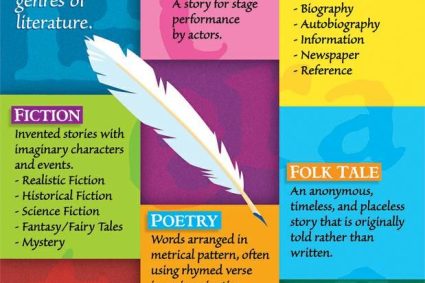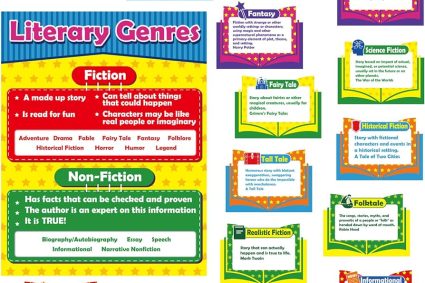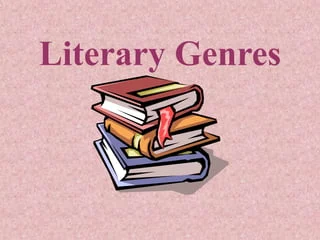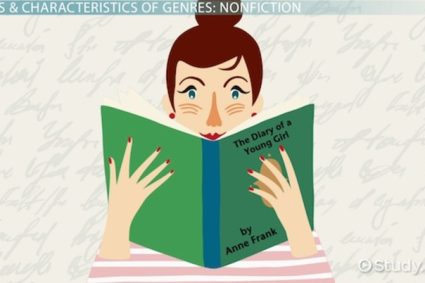“What Poetry Isn’t: Navigating the Boundaries of Verse”

In the expansive realm of literature, poetry stands as a unique and evocative form of expression. However, defining poetry often involves acknowledging what it is not. Here, we navigate the boundaries and illuminate aspects of writing that, despite their literary merit, may fall outside the realm of poetry.
1. Prose:
Poetry and prose are distinct literary forms. Prose follows a straightforward narrative structure, while poetry often embraces heightened language, symbolism, and rhythmic patterns. The line breaks and deliberate use of space are key differentiators.
2. Mere Rhyming Words:
Rhyme alone does not constitute poetry. While rhyme can enhance poetic beauty, true poetry extends beyond the surface level of matching sounds. It delves into emotions, symbolism, and the resonance of language.
3. Simplistic Language:
Poetry is not confined to simplistic language, but rather it thrives on the rich tapestry of vocabulary. It explores nuanced emotions and abstract concepts, using language as a tool to evoke profound imagery and thought.
4. Just Descriptive Writing:
Descriptive writing, while valuable, may not inherently be poetic. Poetry transcends mere descriptions by infusing words with emotion, creating layers of meaning that extend beyond the literal interpretation of the text.
5. Lack of Imagery and Symbolism:
Poetry often relies on vivid imagery and symbolism to convey deeper meanings. Writing devoid of these elements may lack the resonance and nuance characteristic of poetic expression.
6. Absence of Emotional Resonance:
Poetry is a vessel for emotions. If a piece fails to evoke a visceral response, to resonate on an emotional level, it may not fully embody the essence of poetry. Emotional engagement distinguishes poetry from other forms of writing.
7. Strictly Structured Forms:
While structured forms like sonnets and haikus are poetic, not all poetry adheres to strict structural conventions. Free verse, for example, allows for flexibility in form and expression, challenging traditional notions of poetic structure.
8. An Overemphasis on Rhyme and Meter:
While rhyme and meter can enhance the musicality of poetry, their absence does not invalidate a piece as poetic. Modern and contemporary poetry often embraces free verse, focusing on rhythm derived from natural speech patterns.
9. Excessive Abstraction:
While abstraction is a hallmark of poetic expression, excessive abstraction without grounding in tangible imagery or emotion may alienate readers. Effective poetry balances abstraction with relatable elements.
10. Solely Didactic Intent:
Poetry is not solely didactic. While it can convey messages and moral lessons, the primary function of poetry is often to evoke emotions, offer unique perspectives, and explore the complexities of the human experience.
Understanding what poetry is not allows us to appreciate the vast spectrum of literary expression. In navigating these boundaries, we gain a deeper appreciation for the unique qualities that distinguish poetry as a powerful and multifaceted art form.






